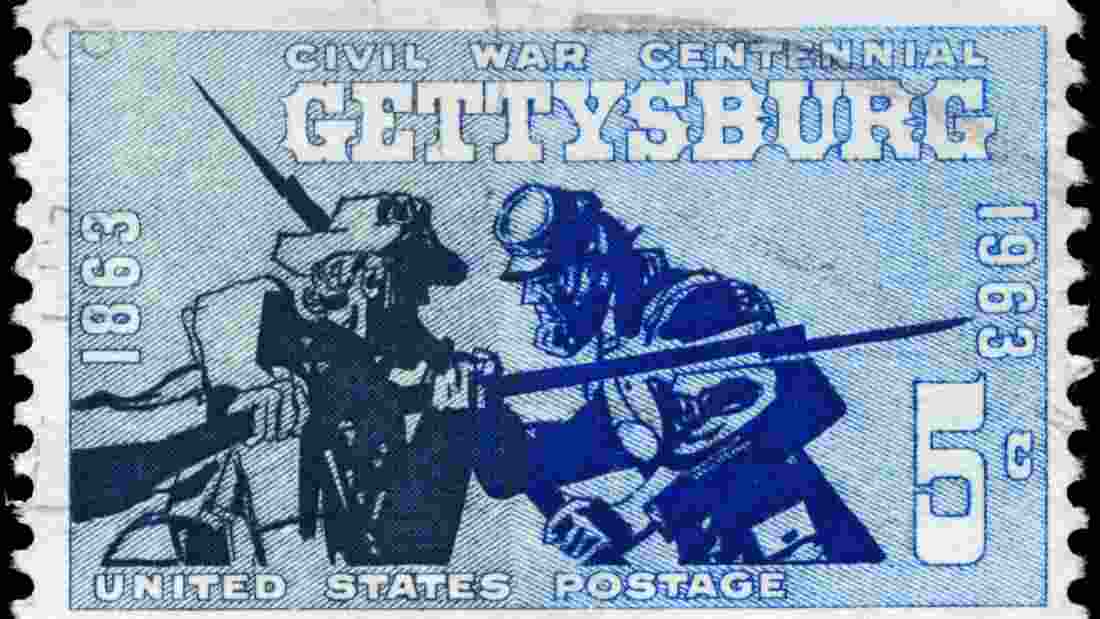Abraham Lincoln’s Gettysburg Address is one of the most famous speeches in American history. Delivered in 1863, it galvanized public opinion and helped to solidify support for the Union cause as the Civil War continued. While not long, its words had a profound effect on listeners and still resonate today. In this article, we’ll take a closer look at the Gettysburg Address summary, examining what it meant and why it was so powerful.
The Gettysburg Address began with a solemn acknowledgement of those who had lost their lives in defending their beliefs during the Battle of Gettysburg. With an upswell of emotion that only someone such as Lincoln could have conjured up, he urged listeners to honor the fallen by dedicating themselves to making sure their sacrifice was not in vain. Using vivid imagery and allusion, Lincoln asked his audience to swear that these dead soldiers would not “perish from the earth”.
The heart of his address lies in its stirring call to action: “It is rather for us to be here dedicated to the great task remaining before us…That from these honored dead we take increased devotion to that cause for which they gave the last full measure of devotion–that we here highly resolve that these dead shall not have died in vain.” Through this speech, Lincoln was hoping to reignite people’s passion for freedom and justice, inspiring them with his words even after such horrific losses.
This poste will provide a summary of the most salient points of the Gettysburg Address.
Historical Context
The Gettysburg Address was delivered by President Abraham Lincoln during the ceremonies for the dedication of a cemetery for the Union soldiers who lost their lives at the Battle of Gettysburg. It was part of a larger speech given on November 19, 1863, by Edward Everett, an American diplomat, historian and statesman.
Lincoln’s address provided historical context for the Union cause and highlighted its importance in preserving freedom and justice. In his speech, Lincoln emphasizes that America should not forget those men who gave their last full measure of devotion sacrificed in defense of these ideals. He also expressed hope that America could ensure they had not “perished from the earth” and that their sacrifices would be remembered by future generations.
The setting was highly symbolic: It was a public event organized to commemorate Union dead – showing a strong commitment by Lincoln to honor those fallen heroes – despite recent defeats suffered by his forces in battle.
At this time, people across the nation were questioning whether or not this war could actually be won and if it was worth fighting at all. The Gettysburg Address provided poignant words of encouragement and instilled hope that victory was possible through sacrificing for something greater than oneself.
A Summary of the Gettysburg Address – Lincoln’s Call to Action
Lincoln opened the Gettysburg Address by solemnly acknowledging the sacrifice of those who lost their lives at Gettysburg, stating that it was “fitting and proper” to dedicate this space to them.
He expressed sorrow for those who perished, but also expressed a powerful call to action – that they should not have died in vain. He called on his listeners to take up arms and resolve to keep fighting for the cause of freedom and equality until victory had been won.
At the same time, Lincoln sought to inspire his audience with an emotional upswell of patriotism.
He reminded them of America’s inalienable rights – life, liberty and the pursuit of happiness – which were so dearly defended by those at Gettysburg. He further emphasized that these rights must survive in order for those men to not have died needlessly or perished from the earth completely. Drawing upon historic documents such as the Declaration of Independence further reinforced his message.
A Summary of the Gettysburg Address – A Powerful Message
Throughout the Gettysburg Address, Lincoln used vivid imagery and allusion to communicate his message. He crafted a stirring and inspirational metaphor of “a new birth of freedom” for America. The image conjures up a sense of rebirth, renewal, and hope for the future for the nation.
Lincoln also employed religious references in his speech with phrases such as “the great task remaining before us” and “we here highly resolve” which evoked spiritual undertones. By invoking the power of faith, he appealed to his audience on an emotional level to reaffirm their commitment both to those who had died on the battlefield and the cause that motivated them – freedom for all citizens.
The words spoken by Lincoln enshrined their courage forevermore in the pages of history, ensuring that they could never be forgotten.
Final Thoughts about the Gettysburg Address
Abraham Lincoln’s Gettysburg Address encapsulated the struggle for freedom and equality in just two minutes. His stirring words are as meaningful today as they were nearly 160 years ago, and continue to resonate with a powerful message of hope and courage.
Through his use of vivid imagery and allusion, Lincoln inspired his people to stand together against slavery and ensure that those who perished at Gettysburg would never be forgotten.
The legacy of the Gettysburg Address will live on forever, reminding future generations that the pursuit of freedom is worth sacrificing everything for.
Disclosure: Please note that some of the links in this post are affiliate links. When you use one of my affiliate links, the company compensates me. At no additional cost to you, I’ll earn a commission, which helps me run this blog and keep my in-depth content free of charge for all my readers.


